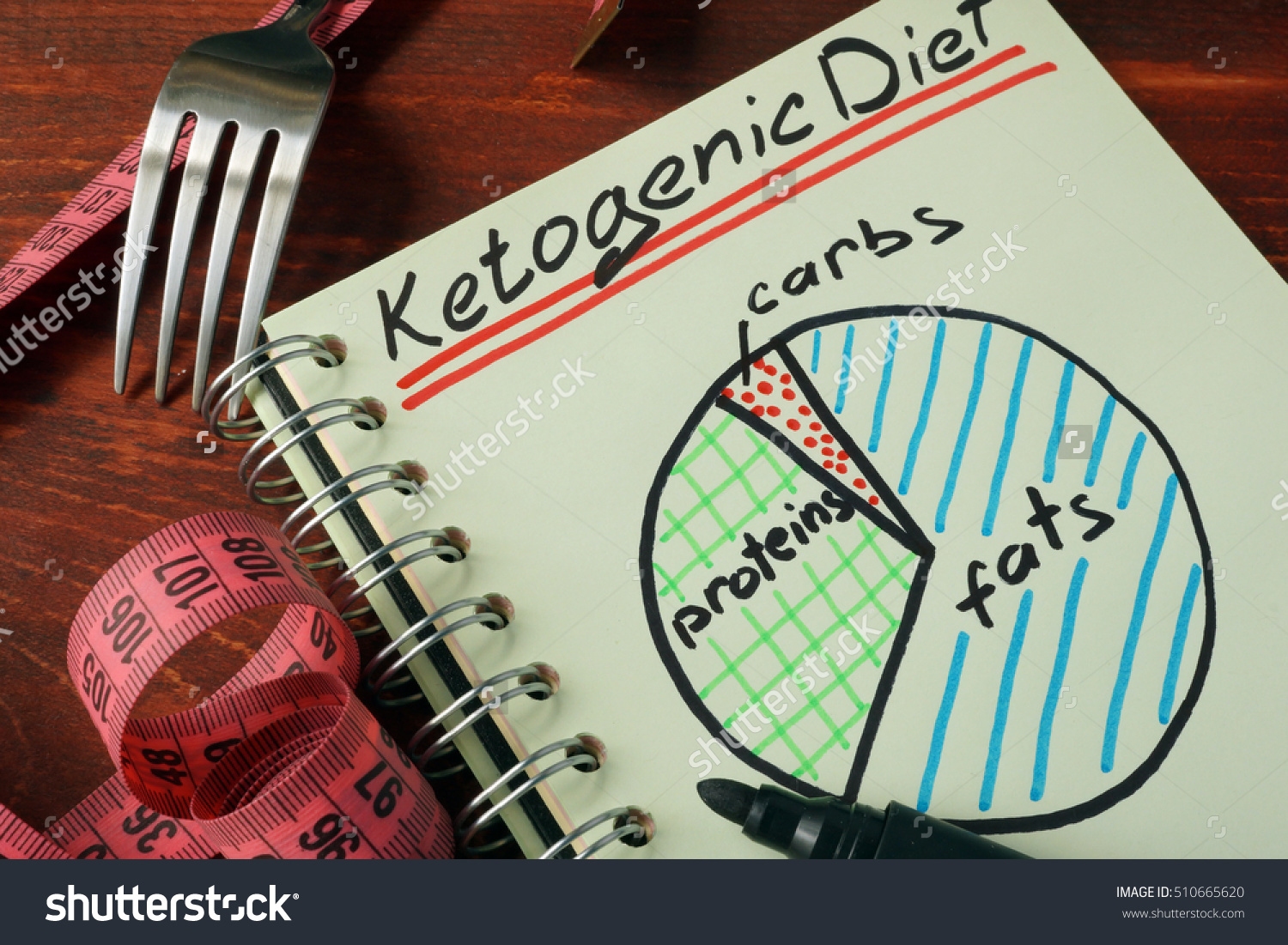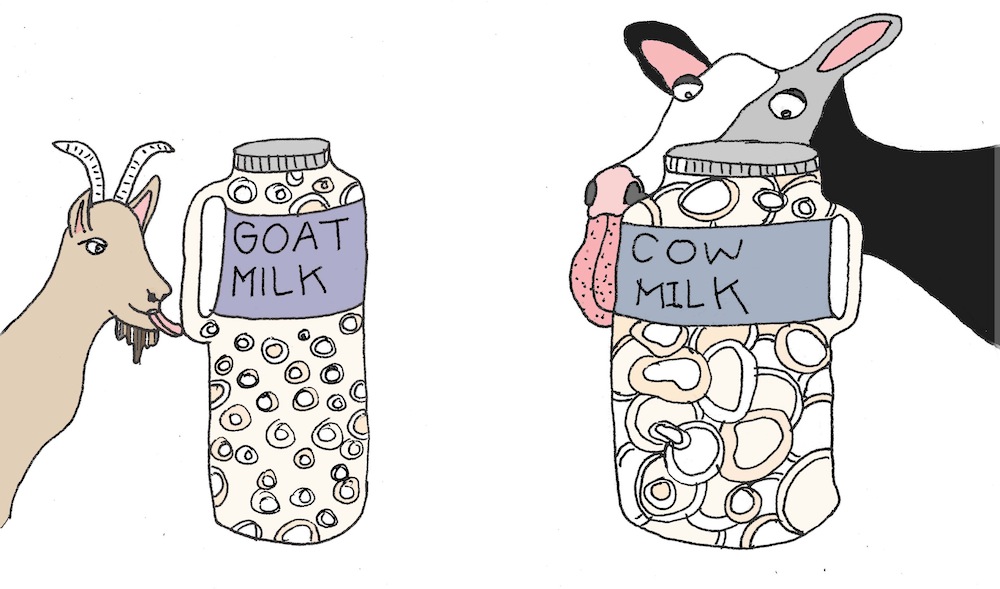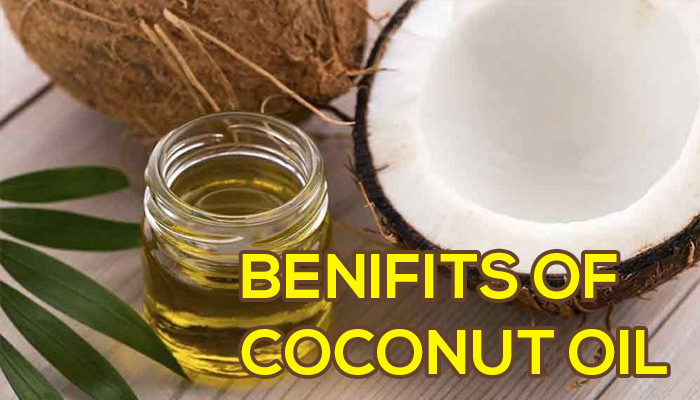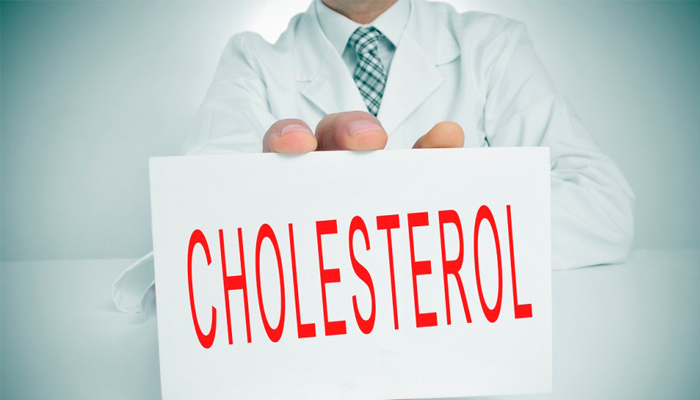Iron is a micronutrient mineral needed by our bodies. Iron is essentially a part of every cell and does many things in our bodies. For example, iron (as part of the oxygen carrier protein hemoglobin) carries oxygen from our lungs throughout our bodies. Having low levels of hemoglobin is clinically referred to as anemia. In addition, Iron also helps our muscles store and use oxygen.
Iron is also a part of many enzymes as a co-factor and is used in many cell functions. Enzymes catalyze biological reactions in our bodies and also help digest food.
What causes iron deficiency?
Iron deficiency resulting from having too little iron in the body and it has many causes that generally fall into two main categories:
- Increased iron needs in pregnancy and during mensuration
Women who are pregnant have higher iron needs, this is why natal clinics and doctors usually recommend an iron supplement for pregnant women. Additionally, during menstruation, frequent blood donation and well as intestinal parasitic infections like hookworms lead to some loss of blood as well as iron. Therefore, there exist a deficiency that needs to be addressed. Infants and toddlers need more iron than older children because of their rapid growth. Sometimes it can be hard for them to get enough iron from their normal diet, therefore leading to a deficiency.
- Decreased iron intake or absorption (not enough iron taken into the body)
In diet, Iron from meat, poultry, and fish (i.e., heme iron) is absorbed up to three times more efficiently than plant iron (i.e., non-heme iron). In addition, the amount of iron absorbed from plants is dependent on the types of food eaten. Vitamin C also enhances non-heme iron absorption, therefore in a vegetarian diet lacking in vitamin c, there will be decreased absorption of iron. Other substances (such as polyphenols, phytates, and/or calcium) decrease the amount of non-heme iron absorbed at a meal.
Taking antacids beyond the recommended dose or medicine used to treat peptic ulcer disease and acid reflux, reduce the amount of acid in the stomach and thus the iron absorbed causing iron deficiency.
What are the symptoms of iron deficiency?
General symptoms of iron deficiency is described by the American Society of Hematology (ASH), may be mild at first as most people don’t realize until they have a routine blood test.
The symptoms of moderate to severe iron deficiency anemia include:
- general fatigue
- body weakness
- pale skin
- shortness of breath
- dizziness
- strange cravings
- tongue swelling or soreness
- cold hands and feet
- fast or irregular heartbeat
- headaches
Effects of iron deficiency
A common effect of iron deficiency is clinical anemia, which in infants can lead to slowed growth and development, poor appetite and behavioral problems. Exhaustion due to fatigue is also an effect. The pale skin can expose one to cancer and vitamin D synthesis.
Frequent loss of consciousness due to dizziness and shortness of breath in case of intense activity. Irregular heartbeats can lead to cardiac arrest. The headaches could develop into migraines.
How is iron deficiency anemia treated?
Treatment for iron-deficiency and anemia depends on its cause and severity. Treatments may include dietary changes and supplements, medicines, and surgery. However, severe iron-deficiency anemia may require a blood transfusion, iron injections, or intravenous (IV) iron therapy.
The goal of treating iron-deficiency anemia is to treat the underlying cause and restore red blood cells, hemoglobin, and iron normal levels.
- Dietary Changes and Supplements
Iron supplements: Iron supplements will build up your iron levels as quickly as possible within months. Iron supplements have the potential to cause side effects, such as dark stools, constipation, stomach irritation, and heartburn.
Iron rich foods: You may be advised to eat more foods that are rich in iron like red meat, especially beef, and liver also chicken, turkey, pork, fish, and shellfish.
Vitamin C: Vitamin C helps the body absorb iron. Eat plenty of vegetables and fruits, especially citrus fruits. Other fruits rich in vitamin C include kiwi fruit, strawberries, and cantaloupes. Vegetables include broccoli, tomatoes, peppers, potatoes, cabbage, Brussels sprouts, and leafy green vegetables like turnip greens and spinach.
- Treatment to Stop Bleeding
If blood loss is causing iron-deficiency anemia, and if you have a bleeding ulcer, antibiotics, and other medicines will be prescribed to treat the ulcer.
If a cancerous tumor in your intestine is causing bleeding, surgery is critical to remove the growth preventing further blood loss.
If you experience heavy menstrual flow, there are birth control pills prescribed by doctors to help reduce your monthly blood flow. Additionally, in some cases, surgery may be advised.
- Treatments for Severe Iron-Deficiency Anemia
Blood Transfusion of red blood cells is advised. A transfusion of red blood cells will treat your anemia right away. Red blood cells are a source of iron that your body reuses. However, this is only a short-term treatment.
Iron Therapy may also be recommended by your doctor. For this treatment, iron is introduced into your body via IV to your blood vessels or a direct injection into the muscle.



